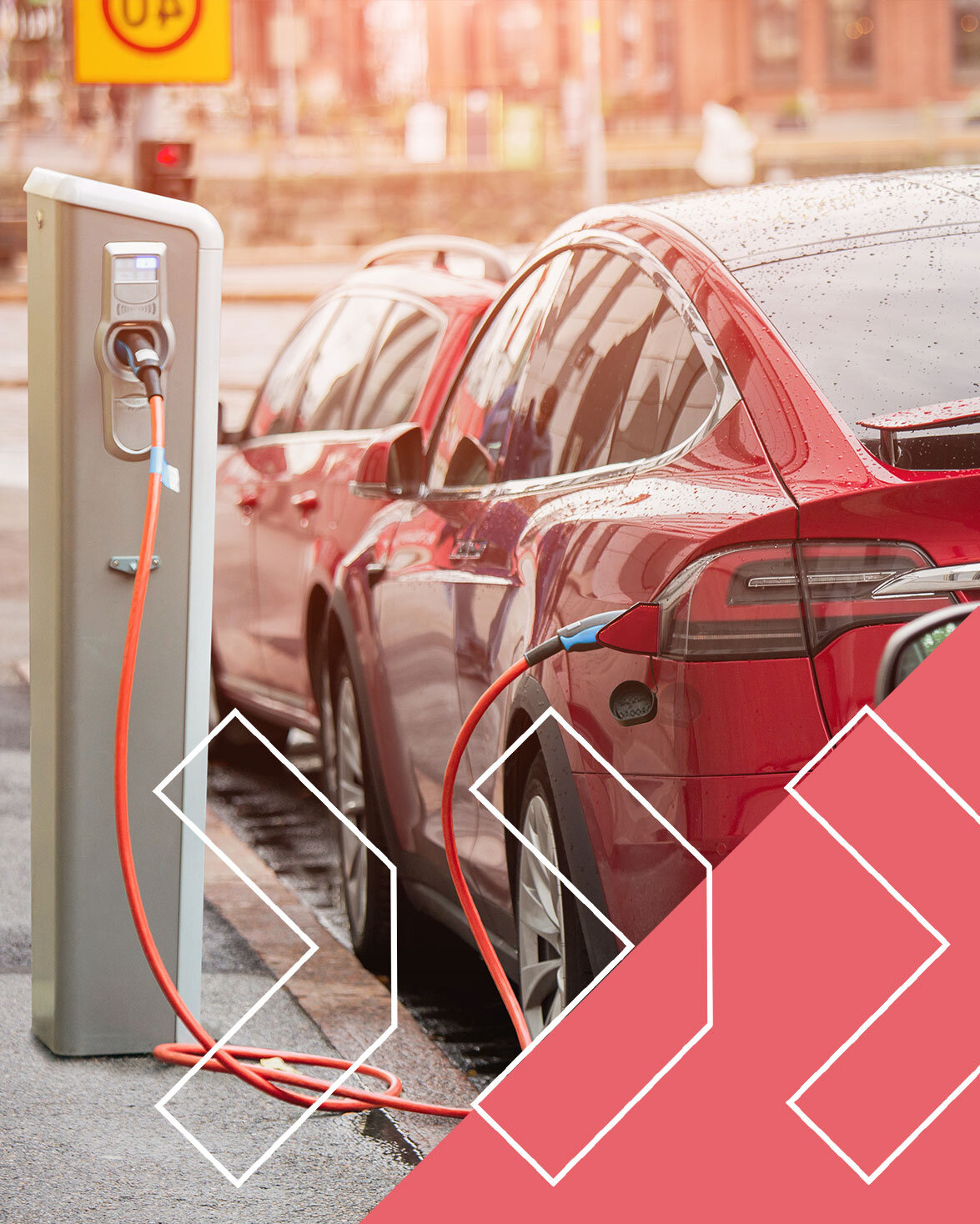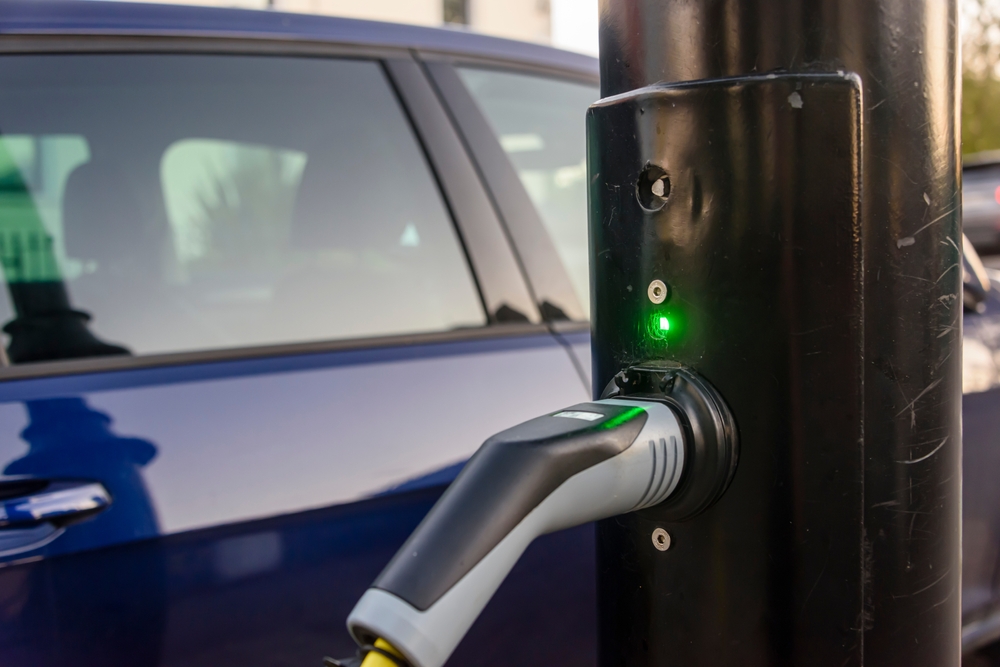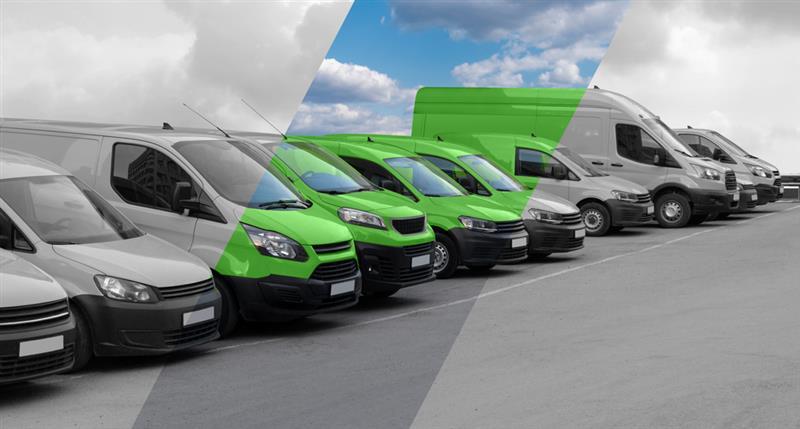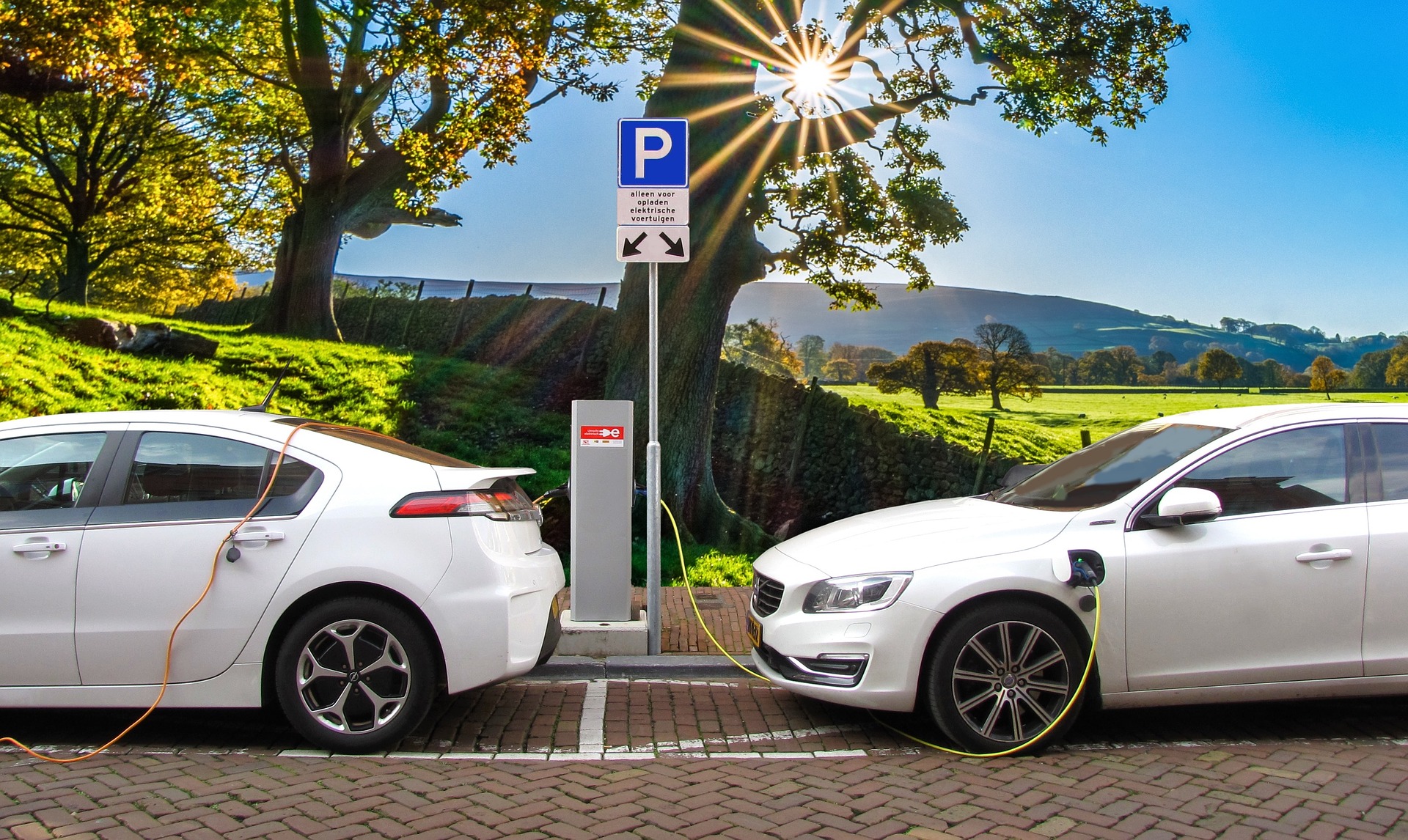The importance of open standards
With any technological advancement, there comes a tipping point where open standards are key to continued innovation and accelerated evolution. And the electric vehicle revolution is no exception.

As EV adoption gathers pace, there has never been more importance for the EV ecosystem to embrace and comply with open standards. Without protocols like OCPP (Open Charge Point Protocol), interoperability would remain limited, meaning less flexibility and choice for operators, and a narrowed infrastructure and restricted experience for drivers.
Fortunately, the Open Charge Alliance (OCA) foresaw that in order to advance EVs, accessibility would be key. In 2009 they introduced OCPP, which has become the open standard for electric vehicle charging infrastructure.
The Advancement of OCPP
OCPP facilitates open communication across the EV ecosystem. Charge points can exchange information easily with charge point management systems (CPMS), and more recent updates enable that communication to extend to the grid to facilitate smart charging.
The OCPP standard continues to update as infrastructure and charging needs evolve. OCPP 1.5 released in 2015 was a major accelerator for EV charging, allowing communication between charge points and back office systems for charging authorisation, error messaging, firmware updates, charger reservations and the exchange of diagnostic data.
In 2019, OCPP 1.6 was released, bringing with it enhanced firmware management (including updates and diagnostics logging) and the facilitation of smart charging. This has become a game changer for EV roll out, now enabling chargers to optimise the distribution of energy whilst balancing charging needs and vehicle priorities.
The latest standards, OCPP 2.0.1, released last year, focus on strengthening the development and further standardisation of OCPP. The highlights include enhanced security and ISO standards.
Why does OCPP compliance matter?
The perceived lack of charger infrastructure and range anxiety are two of the most commonly cited obstacles to drivers adopting EVs. For operators, without OCPP, there can be the potential risk of being tied to a manufacturer or provider who could raise prices or even go bust. Being tied in offers less security and little flexibility when considering scaling and changing needs of your fleets or business.
OCPP can help break down these barriers by enabling the easy extension of charger infrastructure and offering choice and flexibility to operators. As a result, a number of manufacturers have recently come into line and made their chargers OCPP compliant. A few outliers remain however.
Enhanced Accessibility
Thanks to OCPP, new charge points purchased from any OCPP compliant manufacturer, can be added to existing infrastructure, depending on the willingness or capability of the new or existing charge point provider to enable switching to other software. If they can, then operators can expand their network quickly, making more accessible charging options for their drivers.
Charging infrastructure is also made more accessible to drivers through roaming, facilitated by another open standard - OCPI or the Open Charge Point Interface. OCPI allows different networks to talk to each other, meaning drivers can charge across networks – thus expanding their available charger network.
More Flexibility and Choice
Operators can build a mix and match network of hardware from multiple manufacturers – meaning no tie-ins with one provider. Similarly, they are free to choose an indenpendent hardware agnotic OCPP compliant charge point management system (CPMS) that meets their needs, and they can change provider on demand.
This means operators can more easily tailor a solution to the needs of their business – enabling easier and more confident EV transition. They also get the added benefit of managing their network from one back office system – making administration and management easier and simpler.
Sparks competition
Open standards like OCPP opens the market for competition, and with competition comes the spark of innovation. With CPMS’s competing to be the operating system of choice, advances are constantly being made across the industry – benefitting the EV rollout as a whole.
With healthy competition, EV charging capability can evolve quicker and with functionality that addresses advanced emerging charger management needs.
Smart Charging
With OCPP 1.6 laying the foundations to facilitate smart charging, and OCPP 2.0.1 building on those foundations, these open standards are enabling innovators and developers to produce advanced solutions.
As popularity for EVs increases, so too does the strain on the grid. Smart energy management is essential for facilitating EV transition, particularly for large fleets. OCPP 1.6, through communication with other protocols like OpenADR talks to the grid, paving the way for smart charging solutions that carefully manage the energy supply and complex charging needs of fleets, even across multiple locations.
What is the industry saying about OCPP?
As a charge point management system, we appreciate how crucial OCPP compliance is to accelerating EV roll out. But we were keen to find out how others in the industry view the importance of these open standards.
We spoke to Mike Gadd, EV & Energy - Head of Department at YESSS Electrical, who draws on the crucial role interoperability plays in wide scale adoption:
“Wide scale adoption of OCPP will be pivotal for commercial charging, not only for workplaces but for both passenger car and LCV fleets as they venture into the public charging arena.
Seamless interoperability between chargers is a must for mass adoption to begin. We can compare the situation to cash points/ATM’s years ago, when you would be charged for drawing money out of another bank’s ATM but not your own. This is akin to car charging at present. You have a plethora of apps, RFID cards and subscriptions and if you happen to turn up to a charger which these apps and cards are not compatible with, then you have to fork out more in subscriptions and charges to access the valuable electricity you need to continue your journey.
Which essentially reduced the amount of ATM transactions people carried out as they were forced to reroute to use their own banks’ machines to not be ripped off to draw out money which was yours, you’d earned and already paid taxes on.
OCPP enables this. By reducing the domination of proprietary back office systems which force subscriptions, we can see drivers access chargers easily, quickly and without unexpected fees.
It also provides more adaptation of the back office platforms for specific sites, whether that be reporting metrics for a fleet or be that billing options for a public site. ”
For EV rollout to reach its full potential and scale exponentially, driver and operator experiences must be seamless, smooth and uncompromised. OCPP presents opportunities for enhanced flexibility, accessibility and reliability for EV charging; and these opportunities must be taken advantage of to see EV adoption accelerate.







